- Where We Work
- Africa
- African Union
- Power Africa
- Trade and Investment
- Angola
- Benin
- Botswana
- Burkina Faso
- Burundi
- Cameroon
- Central Africa Regional
- Central African Republic
- Chad
- Côte d'Ivoire
- Democratic Republic of the Congo
- Djibouti
- East Africa Regional
- Eswatini
- Ethiopia
- Ghana
- Guinea
- Kenya
- Lesotho
- Liberia
- Madagascar
- Malawi
- Mali
- Mauritania
- Mozambique
- Namibia
- Niger
- Nigeria
- Republic of the Congo
- Rwanda
- Sahel Regional
- Senegal
- Sierra Leone
- Somalia
- South Africa
- South Sudan
- Southern Africa Regional
- Sudan
- Tanzania
- The Gambia
- Uganda
- West Africa Regional
- Zambia
- Zimbabwe
- Asia
- Europe and Eurasia
- Latin America and the Caribbean
- Middle East
- Mission Directory
Speeches Shim
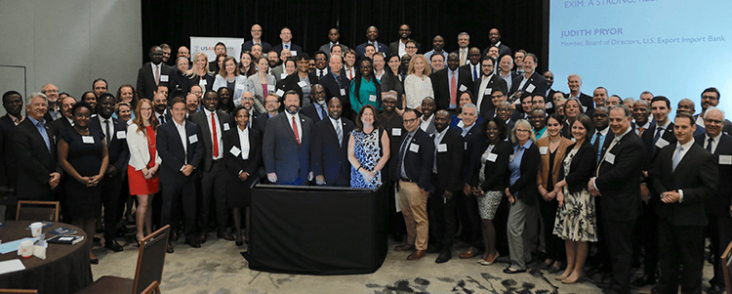
Power Africa has established formal partnerships with key stakeholders, including multilateral organizations, government and development finance institutions as well as technical agencies, working in Africa’s energy sector. Through joint Memoranda of Understanding (MOU), Power Africa is working creatively and collaboratively with these partners to leverage collective technical expertise, financial resources, and tools to overcome Africa’s significant energy deficit, increase productive uses and economic opportunity and ultimately reduce poverty for tens of millions of citizens in sub-Saharan Africa
Specifically, Power Africa aims to spur additional public and private sector investment, improve energy generation and transmission capacity, and improve enabling environments to ensure sustainable electricity access for years to come.
Africa50
African Development Bank
African Trade Insurance Agency
Development Bank of Southern Africa
Eastern and Southern Africa Trade and Development Bank
Industrial Development Corporation of South Africa
World Bank Group
African Union Development Agency
International Renewable Energy Agency
Sustainable Energy for All
Multilateral Organizations and Development Finance Institutions

Africa50 is the 19th development partner to join the Power Africa initiative. Africa50 and Power Africa signed a MOU at the African Development Bank's Africa Investment Forum on November 12, 2019, in Johannesburg. The partnership aims to attract power sector financing for 500 km of transmission line development, advance transmission line development through new and innovative investment and operating models, bring additional power projects to financial close, and improve energy access in sub-Saharan Africa. Africa50 is an infrastructure investment platform that contributes to Africa's growth by developing and investing in bankable projects, catalyzing public sector capital, and mobilizing private sector funding, with differentiated financial returns and impact.
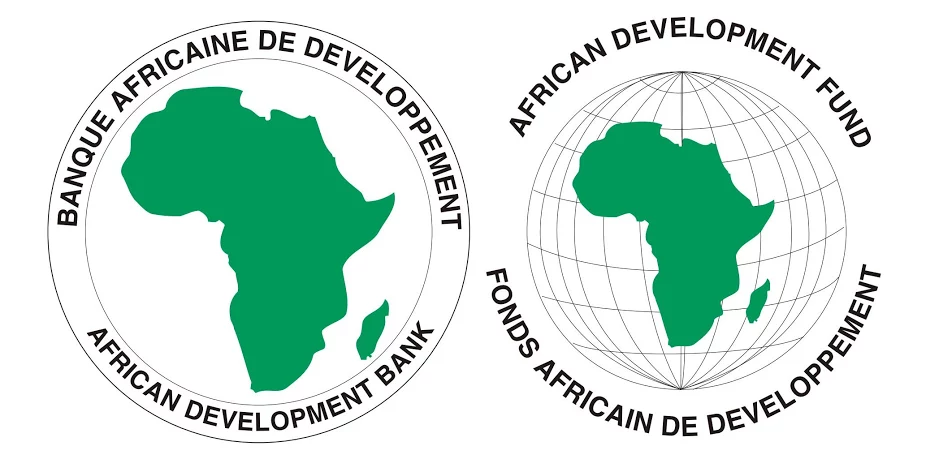
The African Development Bank (AfDB) was the first development partner to announce its support for Power Africa with a commitment of $3 billion in 2013. Over the next 5 years, the AfDB spent over $4.5 billion to advance Power Africa’s goals, including contributions in the form of investments, support for policy reforms, advisory services and financial guarantees. In 2018, Power Africa signed a Regional Development Objective Agreement (RDOAG) with the AfDB to formalize its close working relationship and support for AfDB energy programs, including the Sustainable Energy Fund for Africa (SEFA), and funded an embedded transaction advisor to facilitate AfDB’s energy investments.
African Trade Insurance Agency (ATI)

In 2017, the African Trade Insurance Agency (ATI) signed an MOU with Power Africa to formalize collaboration on its Regional Liquidity Support Facility (RLSF) and African Energy Guarantee Facility (AEGF), leverage financial guarantees and insurance products to facilitate power sector transactions, and support advocacy and capacity building. Under the MOU, ATI committed to developing 400 MW of energy generation. ATI provides political risk and trade credit risk insurance products with the objective of reducing the business risk and cost of doing business in Africa. Its main goal is to help increase investments into its African member countries and two-way trade flows between Africa and the world. ATI facilitates exports, foreign direct investment into and trade flows within the continent.
Development Bank of Southern Africa (DBSA)
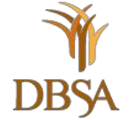
In 2015, the Development Bank of Southern Africa (DBSA) signed an MOU with Power Africa to support the planning and financing of priority power projects in countries of mutual interest in Sub-saharan Africa that would bring 3,000 MW of new energy online. DBSA is a state owned entity with the purpose of accelerating sustainable socio-economic development and improving the quality of life of the people of the Southern African Development Community (SADC) by driving financial and non-financial investments in the social and economic infrastructure sectors. DBSA prioritizes water, energy, transport and ICT as its key focus areas including social and economic infrastructure.
Eastern and Southern Africa Trade and Development Bank
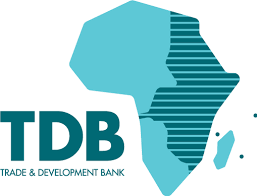
The Eastern and Southern Africa Trade and Development Bank (TDB) and Power Africa signed an MOU on November 7, 2018, at the African Development Bank's African Investment Forum in Johannesburg. TDB is Power Africa's 18th development partner and plays a critical role in advancing private sector participation in Africa’s development through its dynamic lending portfolio. TDB was established in 1985 under the Treaty of 1981 that established the Common Market for Eastern and Southern Africa (COMESA) and for which TDB is the financial arm. TDB made a commitment in the MOU to increase its lending in the energy sector from 8% of its total portfolio to 20%, the equivalent of delivering an additional $400 million to the power sector.
Industrial Development Corporation of South Africa (IDC)

The Industrial Development Corporation of South Africa (IDC) is a national development finance institution set up to promote economic growth and industrial development. The institution is owned by the South African government under the supervision of the Economic Development Department.

Building on over six years of successful cooperation, the World Bank Group and USAID entered into a MOU in 2019 to catalyze mutual objectives in the energy sector in sub-Saharan Africa. These objectives include an investment of $5 billion U.S. dollars in the energy sector by 2024; adding 3.3 gigawatt-hours of energy storage financed by 2024; supporting 60 million new connections by 2030; adding 5,000 kilometers of transmission line infrastructure constructed or rehabilitated by 2030 and supporting 30,000 megawatts of new energy generation by 2030.
Government Partners

The United States and Canada signed an MOU in 2016 to support the development of the energy sector in sub-Saharan Africa through Power Africa. The partnership enables the United States and Canada to deepen coordination on the implementation of commitments under the Africa Renewable Energy Initiative (AREI) including Canada’s pledge of $150 million as well as the U.S. investments under Power Africa. The partners work closely to support gender inclusive growth in the power sector and emphasizes supporting partner country ownership and collaboration.
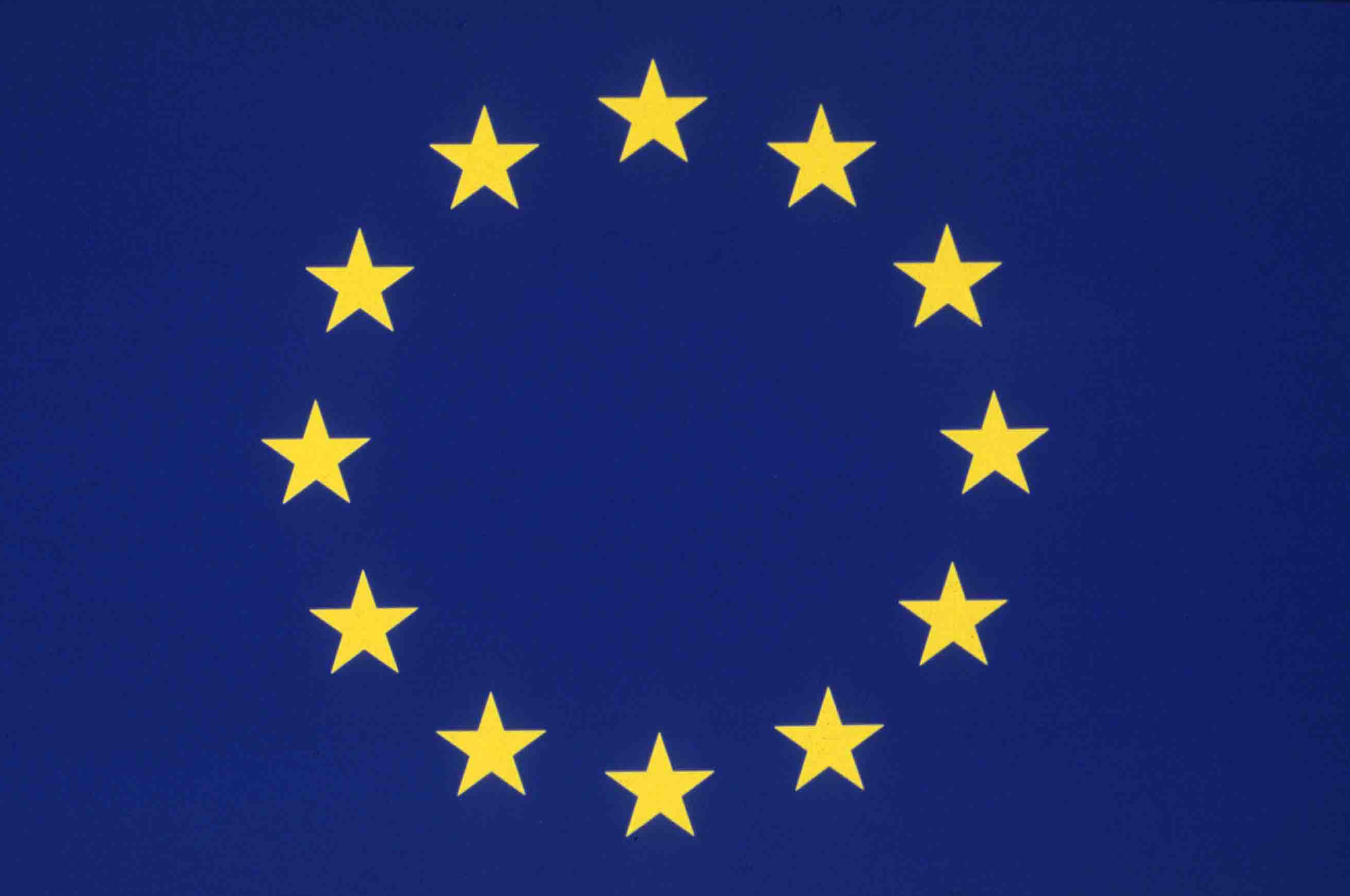
On July 14, 2015, the United States and the European Union (EU) signed an MOU that established a framework for joint Power Africa-EU activities to expand small-scale and off-grid efforts to increase access to electricity across sub-Saharan Africa. The MOU contains a financial commitment of €2.5 billion (approximately $2.8 billion) in EU financing for sustainable energy activities over the next 5 years, targeted towards assisting partner countries in sub-Saharan Africa to advance their ambitious goals of promoting modern and sustainable energy sectors and to fight energy poverty.
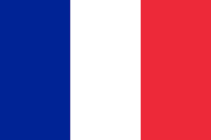
The United States signed a Declaration of Intent with France in November 2016 to deepen cooperation in Sub-Saharan Africa’s energy sector through the Power Africa initiative. The MOU outlines areas of mutual support to integrate electrification planning and advance grid extension, mini-grids, and off-grid solutions; identify opportunities to mobilize investment from their respective governments and private sector partners; and to fund a total of $2.15 billion in support of Power Africa through the Africa Renewable Energy Initiative (AREI).
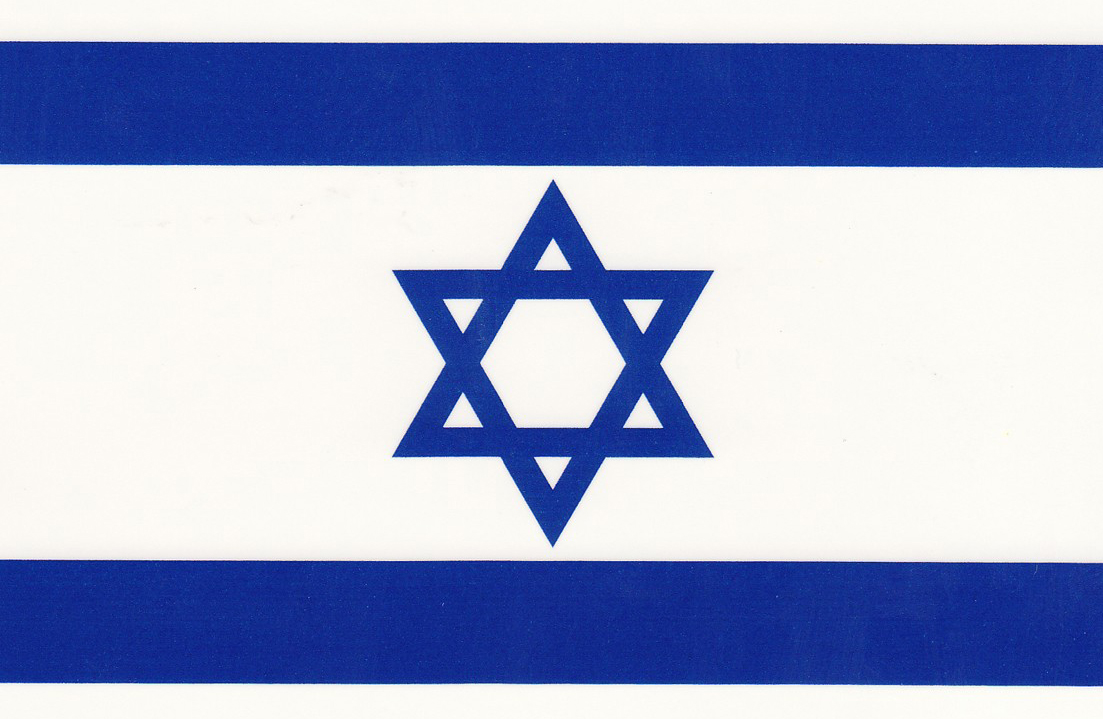
In 2017, the United States and Israel entered into an MOU to advance the common goals of reducing energy poverty and increasing access to energy in sub-Saharan Africa through innovative partnerships between private enterprise, African governments, and foreign assistance. Through this partnership, the United States and Israel collaborate on strengthening economic ties and cooperation with African countries, including improving access to finance and explore investment opportunities for U.S. and Israeli companies; deepen collaboration to expand electricity access; expanding on-grid renewable, and off-grid efforts to extend energy across sub-Saharan Africa; and encouraging new projects involving Israeli and U.S. companies throughout the African continent. In addition, Israel has committed to bring 300 MW of new power generation to financial close through projects carried out by its private sector.
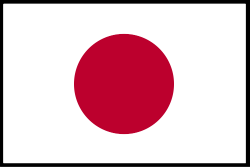
At the Seventh Tokyo International Conference on African Development (TICAD 7) in 2019, the United States and Japan signed a Memorandum of Cooperation to expand energy cooperation in sub-Saharan Africa. Building on over three years of cooperation, the US and Japan aim to leverage collective energy investments in clean energy solutions, including geothermal generation and energy efficiency, and to support cross-border energy trade and regional power pools. Additionally, the partnership leverages Japan’s expertise in distribution and transmission through a commitment to develop 1,000 km of transmission lines.
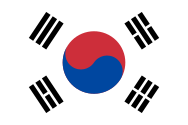
Power Africa signed an MOU with the Republic of Korea (ROK) in May 2018 at the Africa Development Bank Annual Meeting held in Seoul, South Korea. Through this partnership, the United States and the ROK collaborate to advance power-sector infrastructure through a $1 billion investment by Korea’s Economic Development Cooperation Fund (EDCF), which includes a commitment to construct 1,000 kilometers of transmission line from 2018 to 2023; conduct policy dialogues with African governments to develop the energy sector in a fair, transparent, and sustainable manner; coordinate field efforts to support small-scale grids and off-grid solutions, and; seeking mutual project collaboration opportunities for ROK and U.S. companies.
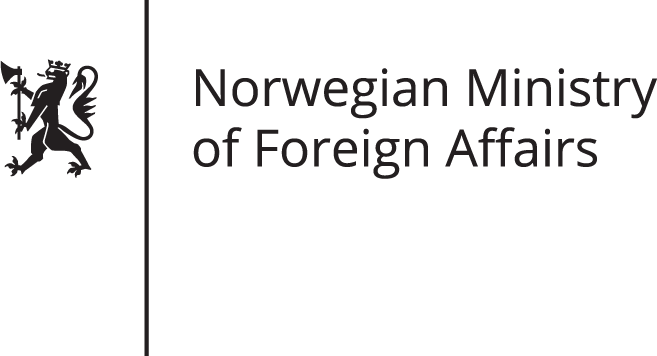
In December 2015, Power Africa and Norway's Ministry of Foreign Affairs (MFA) entered into an MOU to collaborate on reducing energy poverty and increasing access to sustainable energy in Africa. Through this agreement, Norway committed to spend approximately $150 million annually over 5 years to support sustainable energy enterprises in developing countries. Through its Development Finance Institution, Norfund, Norway also committed to add at least 300 MW of new, cleaner electrical power capacity in sub Saharan Africa annually over the same five year period. Power Africa and Norway are working together to leverage information and expertise in renewable energy investments; expand small-scale and off-grid efforts to extend renewable energy across sub Saharan Africa; support the development of hydropower; advance the development of power pools and increase generation through regional integration; and support gender inclusive growth in the power sector.
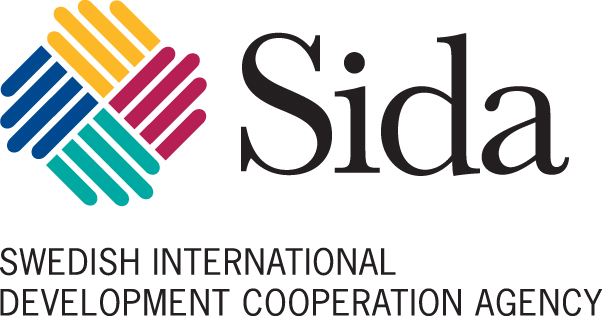
In 2015, Sweden became the first foreign government to officially support Power Africa by committing $1 billion USD over the next 10 years in the form of grants for distribution and transmission projects, as well as guarantees and loans to catalyze investments in the energy sector. Power Africa and Sida continue to work together to expand mini- and off grid solutions to extend renewable electricity across sub-Saharan Africa; improve energy efficiency as a means of making additional megawatts available; leverage financial guarantees to facilitate power sector transactions; and support Power Pools as well as other interventions to increase renewable energy power generation and access to power through regional integration.
United Kingdom's Foreign, Commonwealth & Development Office
In 2015, Power Africa formalized its relationship with the UK through its Department for International Development (DfID). The MOU committed DFID and Power Africa to work together to expand and leverage investments in clean energy; increase power generation and access to power through regional integration and support of power pools; expand decentralized and off-grid energy solutions including through the ‘Energy Africa’ campaign; advance the full participation of women in the energy sector; develop the geothermal energy sector through a regional approach; and strengthen donor coordination. Power Africa continues to work with the UK's new Foreign, Commonwealth and Development Office which was created from DFID and the Foreign Commonwealth Office in September 2020.
Technical Agencies
African Union Development Agency (previously New Partnership for Africa’s Development - NEPAD)

The 2014 MOU between the United States and the New Partnership for Africa's Development (NEPAD), a technical body of the Africa Union (AU), focuses on energy projects included in the Africa Power Vision — a list of regional or otherwise potentially transformational energy projects prioritized by the AU. AUDA is a pledge by African leaders based on a common vision to eradicate poverty and support Africa's sustainable growth and development through the promotion of regional and continental integration; halt the marginalization of Africa in global processes and enhance its full and beneficial integration into the global economy; and accelerate the empowerment of socially disadvantaged groups, such as women and children.
International Renewable Energy Agency

Recognizing their shared efforts to advance the energy sector in sub-Saharan Africa, the International Renewable Energy Agency (IRENA) and Power Africa signed an MOU in December 2015 that establishes a framework for enhancing renewable energy investment and growth, increasing access to electricity, and supporting IRENA’s Sustainable Energy Marketplace. IRENA is an intergovernmental organization headquartered in Abu Dhabi, United Arab Emirates, that supports countries in their transition to a sustainable energy future, and serves as the principal platform for international co-operation, a center of excellence, and a repository of policy, technology, resource and financial knowledge on renewable energy. IRENA promotes the widespread adoption and sustainable use of all forms of renewable energy, including bioenergy, geothermal, hydropower, ocean, solar and wind energy, in the pursuit of sustainable development, energy access, energy security and low-carbon economic growth and prosperity.
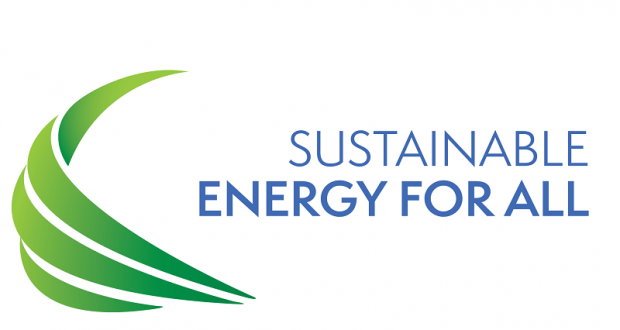
Since 2014, USAID and Sustainable Energy for All (SEforALL) have been working closely on the development of off-grid systems, regional power pools, and financial tools. In 2020, USAID and SEforALL will renew their partnership. SEforALL is a non-profit organization working with leaders in government, the private sector and civil society to drive further, faster action toward the achievement of Sustainable Development Goal 7 (SDG7), which calls for universal access to sustainable energy by 2030. Former U.N. Secretary-General Ban Ki-moon launched SEforALL in September 2011 as a global initiative to mobilize action by these diverse actors in support of SDG7’s three core objectives: ensuring universal access to modern energy services; doubling the share of renewable energy in the global energy mix; and doubling the global rate of improvement in energy efficiency. SEforALL brings multiple stakeholders -- governments, development banks, the private sector, investors, civil society, and international institutions -- together under a single umbrella.

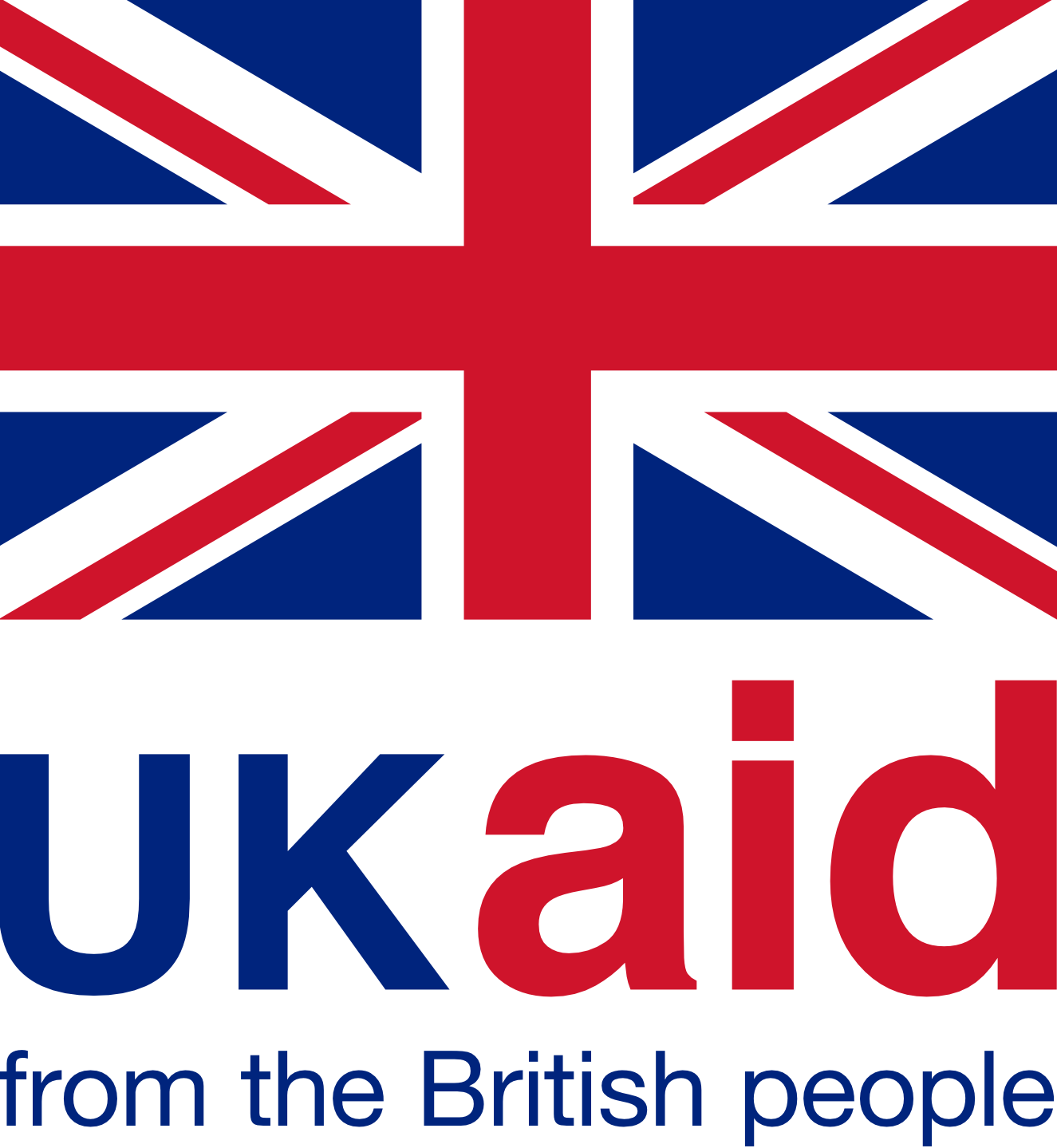
Comment
Make a general inquiry or suggest an improvement.